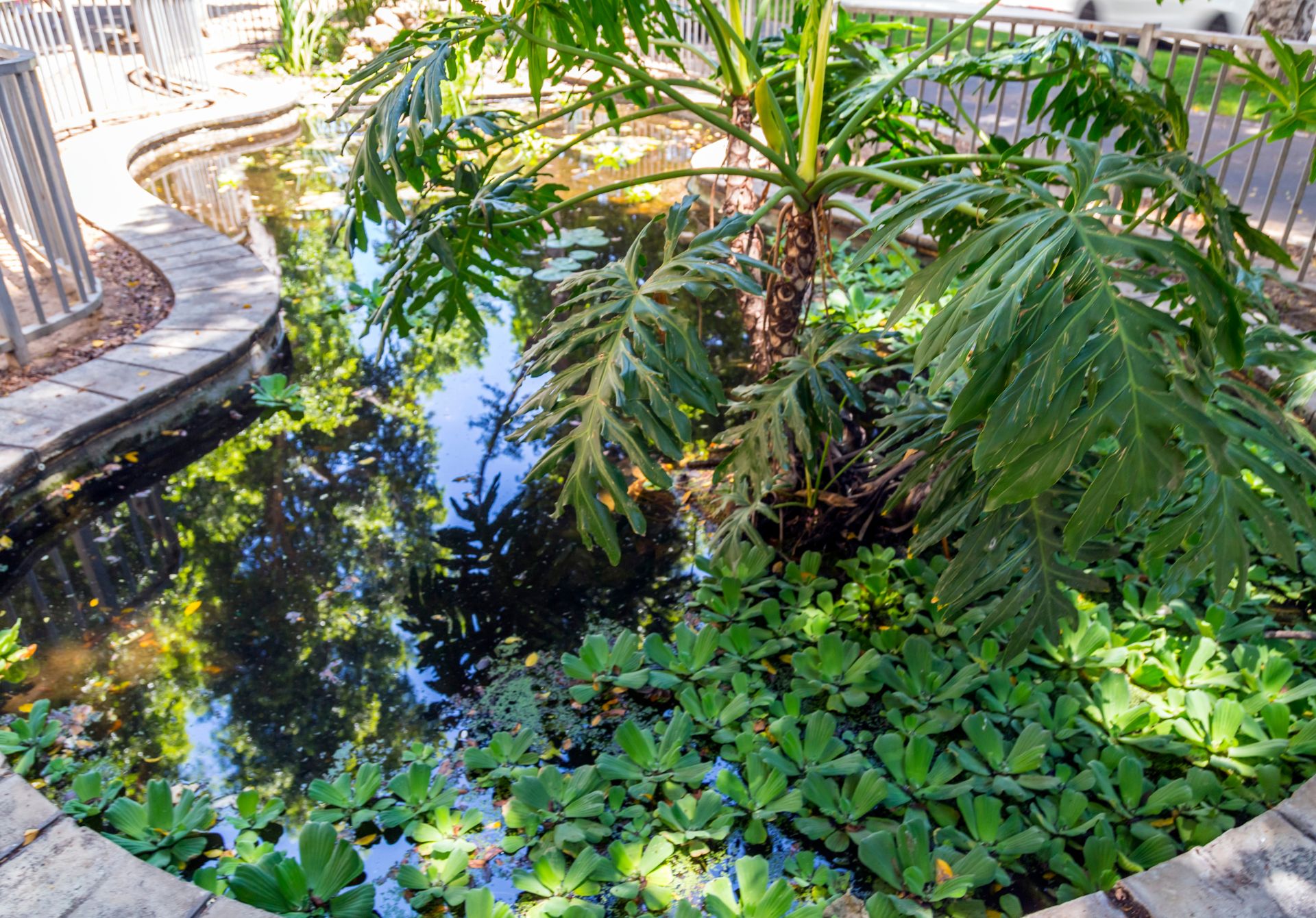The Rothschild family is one of the most influential families in world history, known for their vast contributions to finance, politics, and philanthropy. While the Rothschild name is often associated with European banking, the family’s influence extends far beyond. One of the most significant, yet lesser-known impacts of the Rothschild family is their role in the development of Tel Aviv, Israel’s bustling metropolitan hub. This article delves into the historical and cultural connections between the Rothschild family and Tel Aviv, exploring how their vision helped shape the city.
The Rothschild Legacy in Israel
The Rothschild family, particularly Baron Edmond James de Rothschild, played a critical role in the establishment of modern Israel. Baron Rothschild, known as the “Father of the Yishuv,” was a key figure in supporting Jewish settlements in Palestine during the late 19th and early 20th centuries. His financial contributions were instrumental in funding early Zionist endeavors, including the establishment of agricultural colonies, infrastructure, and educational institutions.
Rothschild’s involvement in Israeli development laid the groundwork for Tel Aviv’s emergence as a vibrant city. The family’s focus on promoting Jewish settlement and modern industry in Palestine created a foundation upon which Tel Aviv’s growth could flourish. Baron Rothschild’s philanthropy extended to funding projects that spurred economic activity, such as the development of vineyards and wineries, which became an important industry in the region.
Rothschild Boulevard: The Heart of Tel Aviv
One of the most prominent landmarks in Tel Aviv that pays homage to the Rothschild legacy is Rothschild Boulevard. This iconic avenue, named in honor of Baron Edmond de Rothschild, runs through the heart of the city. Established in 1909, it became a symbol of modern urban development and was the site of some of Tel Aviv’s earliest buildings. Today, Rothschild Boulevard remains a focal point for both tourists and locals, showcasing a blend of historical architecture, modern skyscrapers, and cultural landmarks.
The boulevard is also home to some of Tel Aviv’s most notable Bauhaus-style buildings, a UNESCO World Heritage Site, known as the White City. These buildings are a testament to the city’s rapid development during the early 20th century, and many of them were constructed by European immigrants who brought the Bauhaus architectural style with them. The Rothschild family’s vision for modern urban living can be seen in the design and planning of this area, which combines functionality with aesthetic beauty.
Rothschild’s Influence on Tel Aviv’s Economic Growth
The economic impact of the Rothschild family on Tel Aviv is undeniable. Through their investments in various industries, including agriculture, finance, and infrastructure, the Rothschilds laid the foundation for a thriving economy in the region. One example is the establishment of the Rishon LeZion and Zikhron Ya’akov wineries, which helped boost the agricultural economy and created new employment opportunities for settlers. These efforts were crucial in transforming Tel Aviv from a small settlement into a major urban center.
Today, Tel Aviv is known as Israel’s financial and technology hub, home to numerous startups and multinational corporations. While the city’s modern economic success is the result of many factors, the Rothschild family’s early investments in the region played a key role in setting the stage for this growth.
The Cultural Legacy of the Rothschilds in Tel Aviv
Beyond their economic contributions, the Rothschild family has left a lasting cultural legacy in Tel Aviv. Their patronage of the arts and education helped shape the city’s cultural identity. For instance, the Rothschild family funded the construction of numerous schools and cultural institutions, many of which continue to operate today. The city’s vibrant arts scene, which includes theaters, galleries, and music venues, owes much to the family’s dedication to cultural development.
Rothschild Boulevard itself is home to several cultural landmarks, including the Independence Hall Museum, where Israel’s Declaration of Independence was signed in 1948. This further cements the Rothschild family’s association with pivotal moments in Israeli history and Tel Aviv’s evolution as a cultural and political hub.
The Rothschild family’s influence on Tel Aviv is woven into the very fabric of the city’s development. From their financial investments to their support for education and the arts, the Rothschilds played a key role in shaping Tel Aviv into the thriving metropolis it is today. Rothschild Boulevard stands as a physical reminder of the family’s lasting impact, symbolizing the intersection of history, culture, and modernity in one of the world’s most dynamic cities.
As Tel Aviv continues to grow and evolve, the Rothschild legacy remains an integral part of its identity, reflecting a century-old vision of progress and prosperity.

